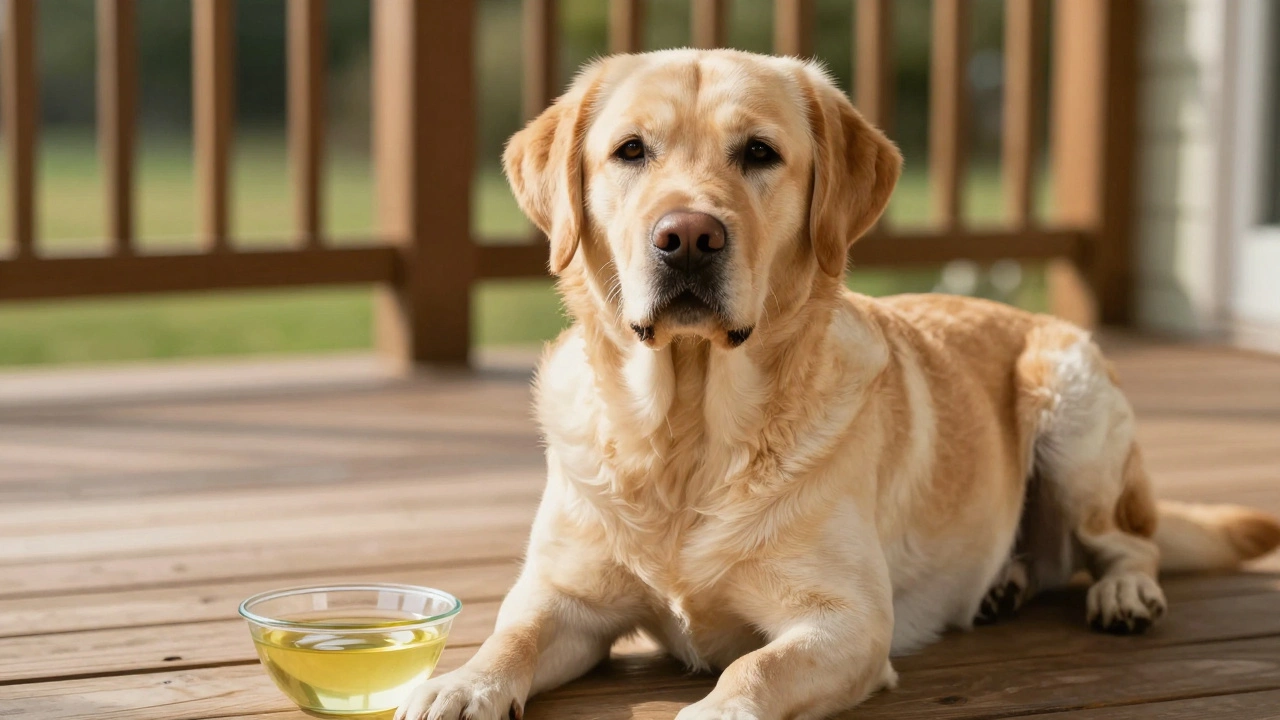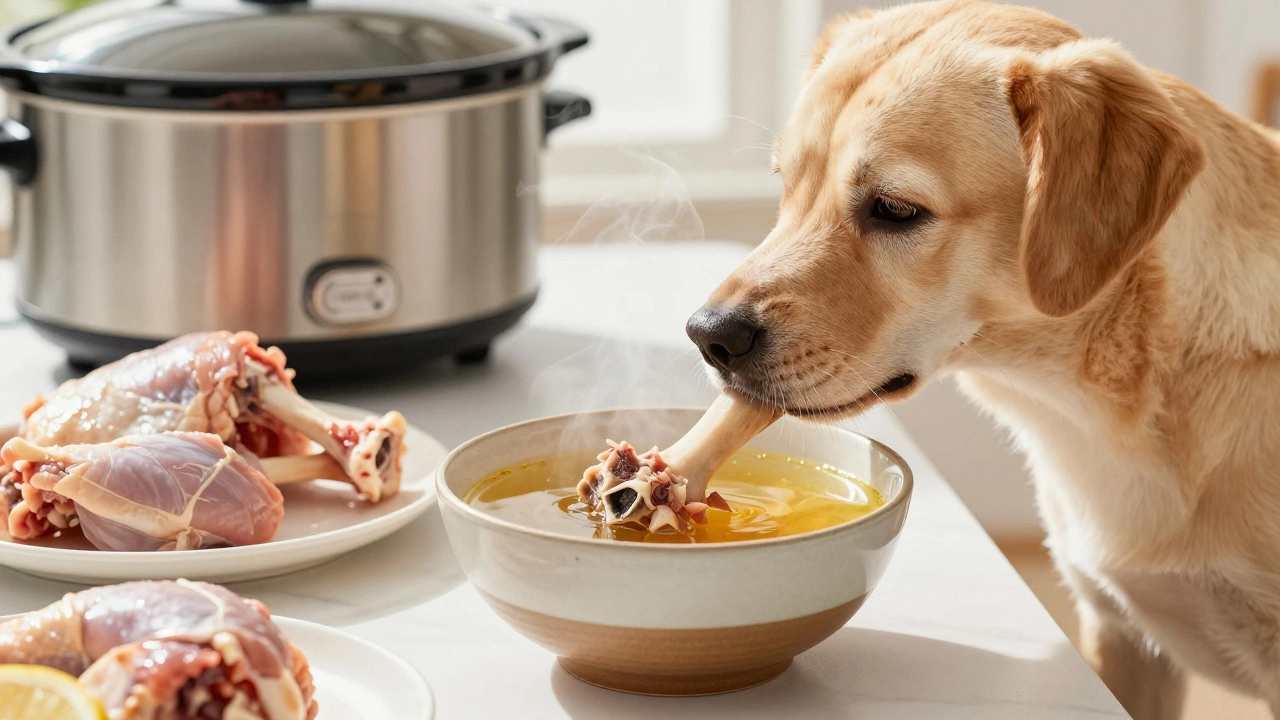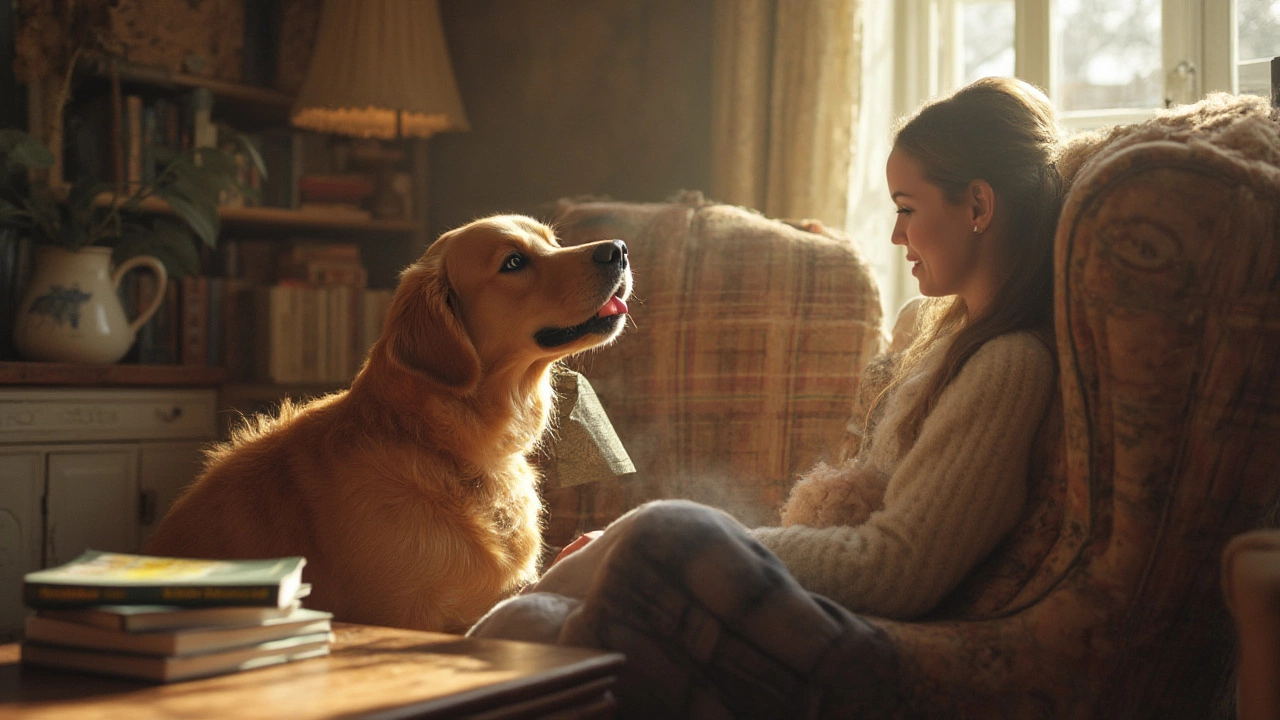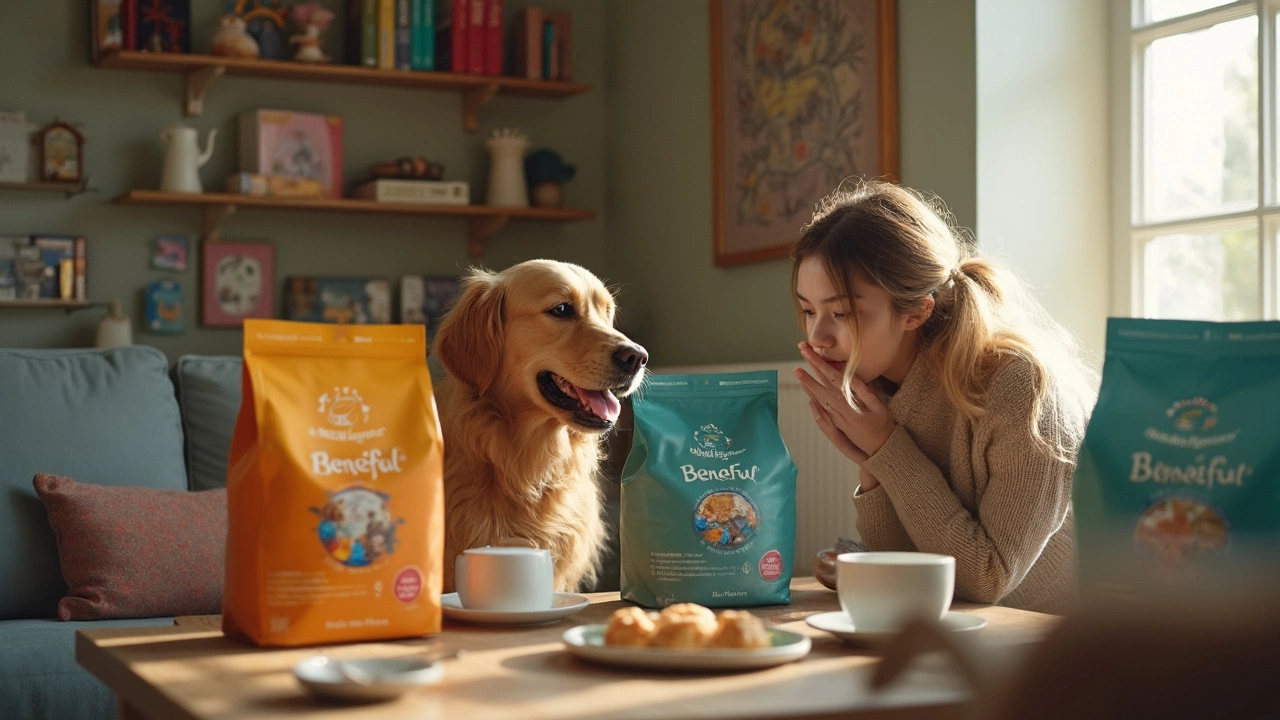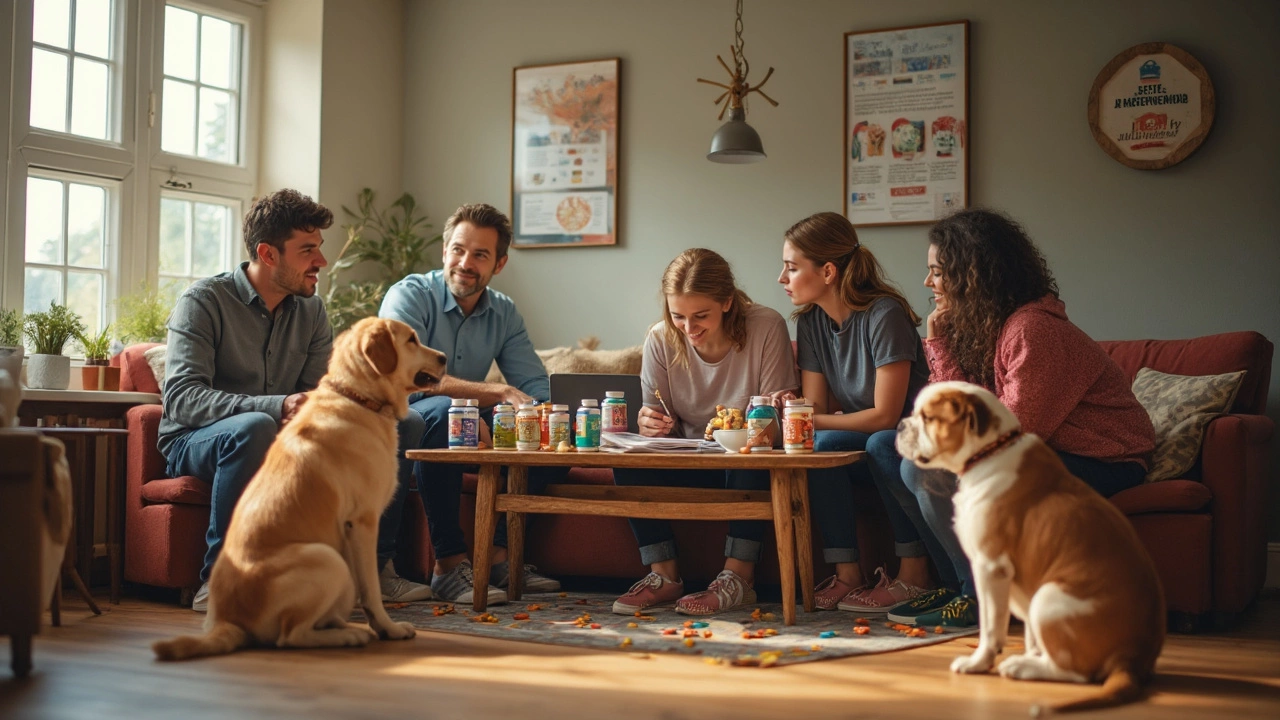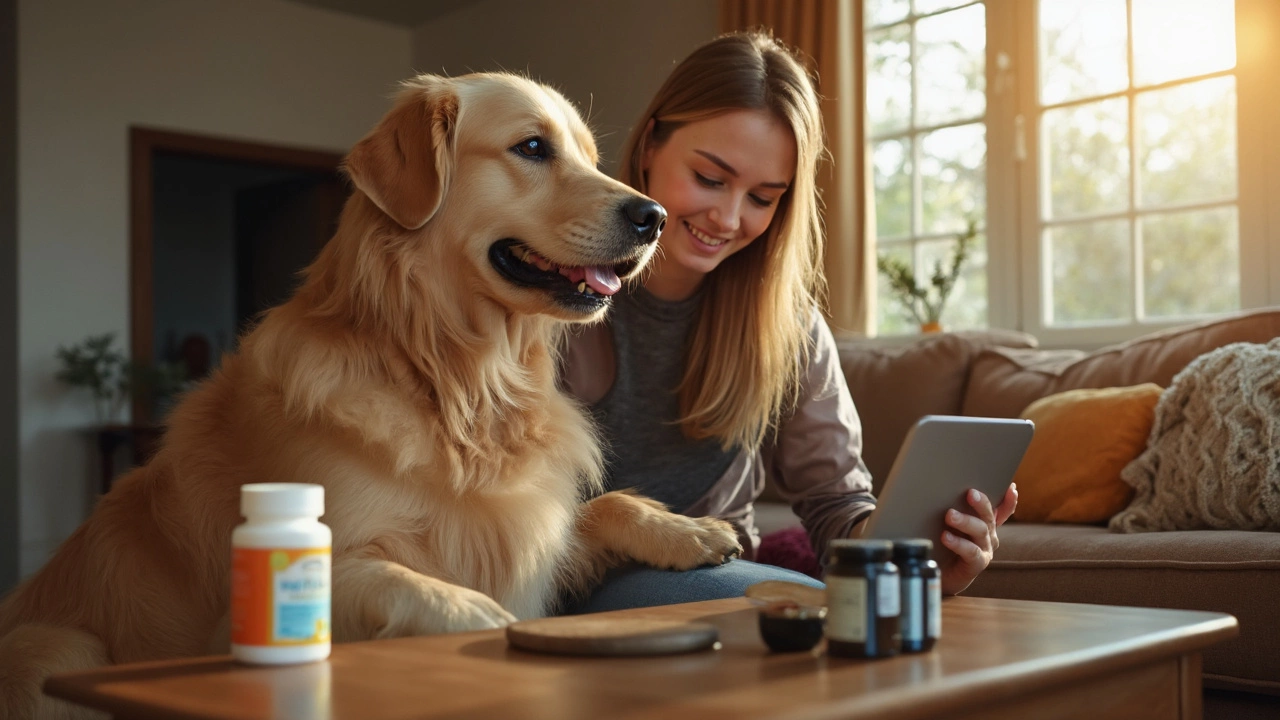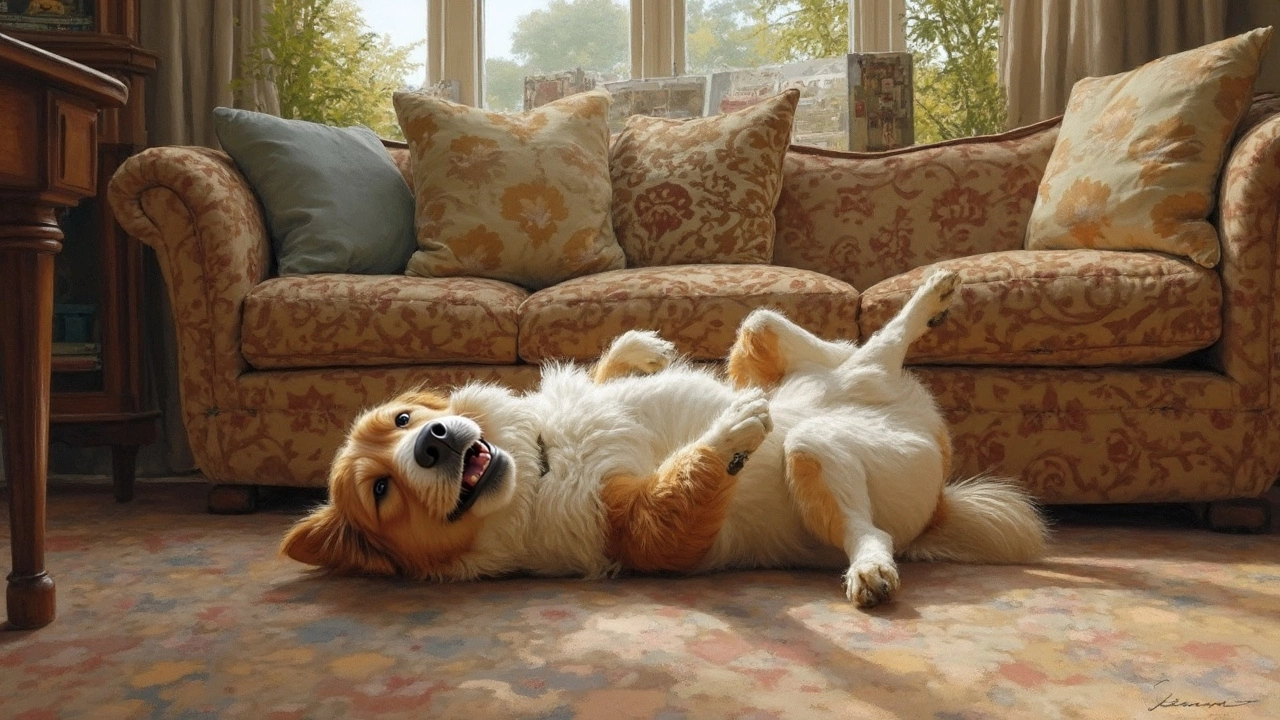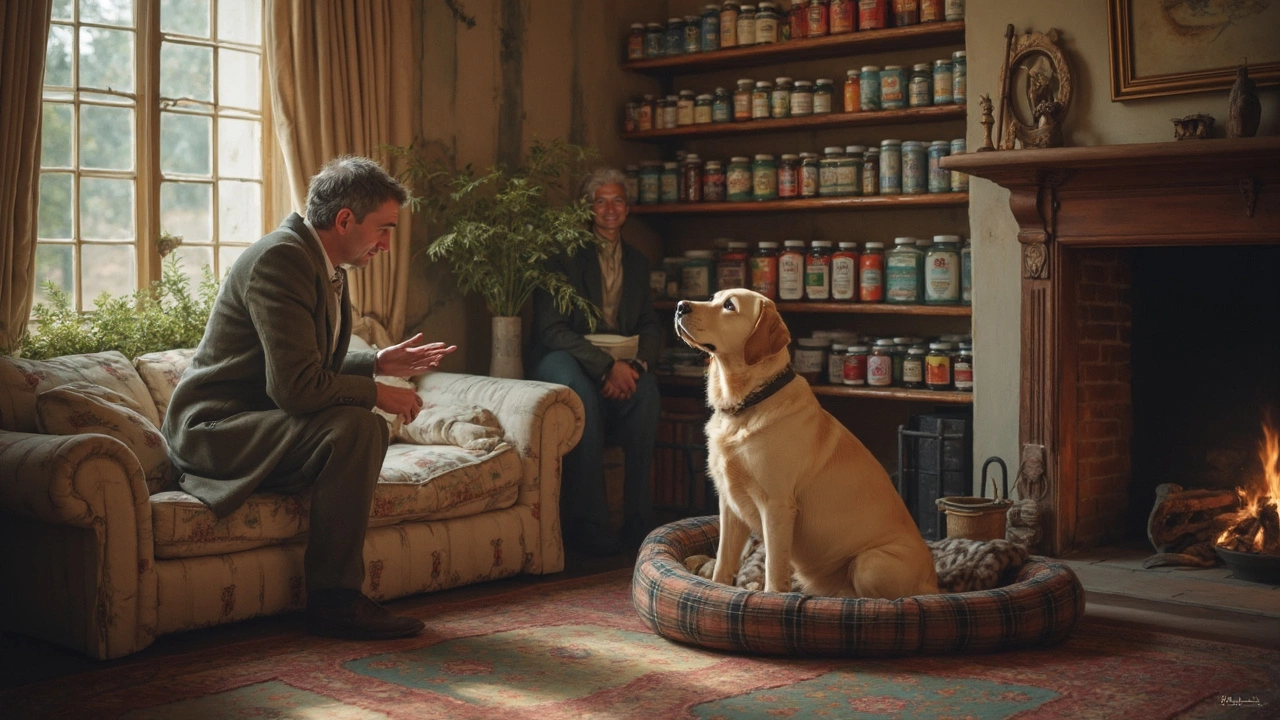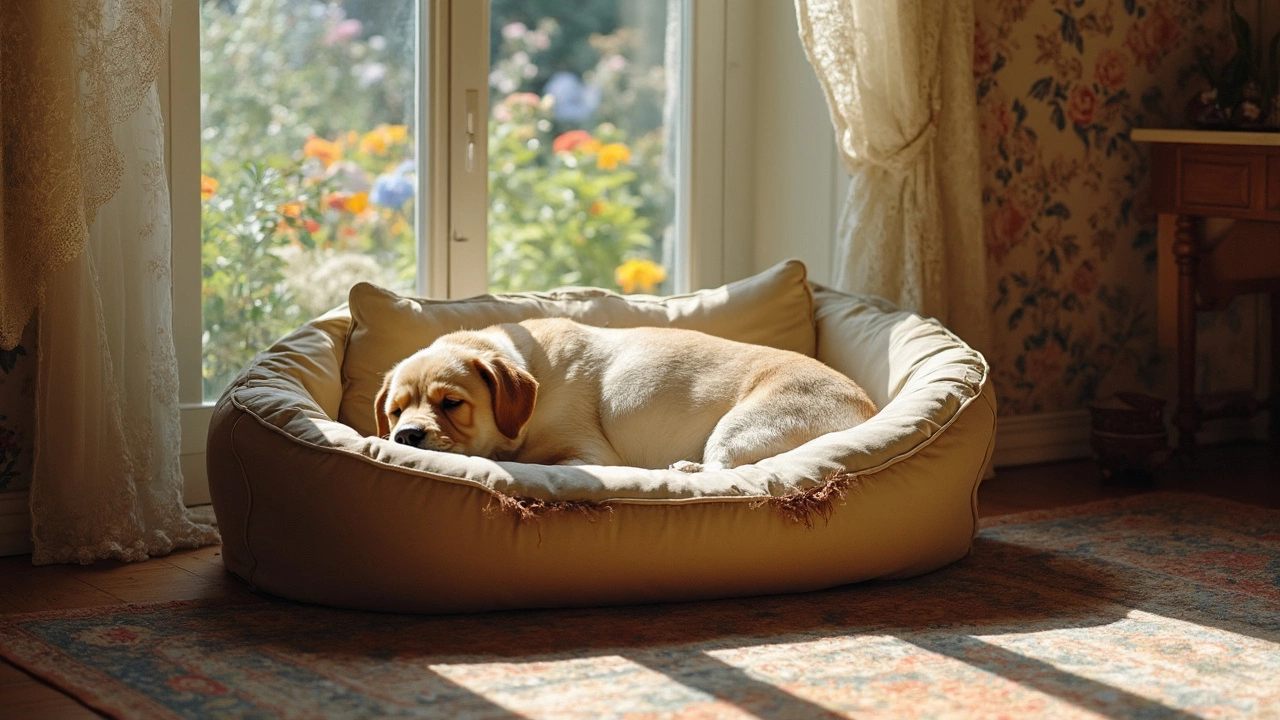Dog Health Tips & Essentials for a Happy Pup
Keeping your dog healthy isn't rocket science, but it does need a bit of know‑how. From what’s on the bowl to how you handle travel, every choice adds up. Below you’ll find the most useful, everyday advice that works for any breed, size or age.
Nutrition Basics for Dogs
A balanced diet starts with a label you can actually read. Look for real meat as the first ingredient and avoid vague terms like "animal derivative." If you’re curious about popular brands, check if they meet AAFCO standards – that’s the basic safety test.
Adding a spoonful of plain Greek yogurt can give your dog a probiotic boost, but stick to a small amount (no more than a tablespoon for a medium dog) and watch for lactose intolerance. Pumpkin puree is another easy digest‑aid; a couple of teaspoons a day can help with both constipation and loose stools, but too much can cause gas.
When it comes to oils, fish oil beats olive oil for pure omega‑3 benefits. A half‑teaspoon per 20 lb of body weight of fish oil can improve coat shine and joint health. Olive oil is fine in tiny doses for skin, but it doesn’t provide the same EPA/DHA levels.
Everyday Wellness & Safety
Grooming can be a stress trigger. If your dog whines or seems anxious, try a short, calm session with treats and praise. A no‑pull harness paired with gentle training can make walks pleasant for both of you.
Calming collars work for some dogs, especially those with mild anxiety, but they’re not a magic fix. Pair them with a consistent routine and a safe space like a crate or a covered crate cover if your pup feels more secure in the dark.
Traveling by plane? Choose a TSA‑approved carrier, keep the bag ventilated, and feed a light meal a few hours before the flight. A small amount of water and a favorite chew toy can keep nerves down. Avoid sedatives unless a vet specifically recommends them.
Vaccinations are the backbone of preventive care. Core shots such as distemper, parvo and rabies should start at six weeks and follow a booster schedule. Keep a simple chart in the kitchen; it’s easier than remembering dates.
Daily exercise isn’t just a walk – it’s mental stimulation, too. Rotate chew toys, try puzzle feeders, or practice basic commands. A tired dog is a healthy dog, and you’ll both enjoy the quiet at bedtime.
Remember, small changes add up. Switch to a high‑quality kibble, add a probiotic snack, and schedule that vet check. Your pup will thank you with a wag, a shiny coat and many more healthy years together.
Is Coconut Oil Better Than Fish Oil for Dogs?
Coconut oil and fish oil both support dog health, but they work in different ways. Fish oil reduces inflammation and helps with joints and allergies. Coconut oil improves coat shine and digestion. Which one your dog needs depends on their specific health concerns.
Is Bone Broth Good for Dogs? Here’s What Veterinarians Say
Bone broth can support dog joint health and digestion when made safely at home with no seasonings. But too much or store-bought versions with salt and garlic can harm dogs. Learn how to use it wisely.
Why Dogs Lick People: Understanding Your Pet’s Licking Behavior
Unravel the reasons behind why dogs lick you, uncovering the science, emotions, and communication involved. Practical tips included for pet owners.
Should Puppies Sleep in the Dark? How Light Affects Young Dogs
Wondering if your puppy should sleep in the dark at night? This article breaks down how darkness, light, and routine impact a puppy's sleep quality and development. Get practical tips on creating the best sleeping environment, why some puppies fuss in the dark, and how you can help your pup feel safe at bedtime. Plus, learn about the science behind puppy sleep habits and night lights. Make bedtime easier for both you and your little furball.
Is Beneful Ok for Dogs? What Every Dog Owner Should Know
Wondering if Beneful is a good choice for your dog? This article cuts through the confusion around the popular dog food brand, giving you the facts on ingredients, health concerns, and what real pet owners have seen. You’ll get practical tips on choosing the right food for your pup and find out what veterinarians say about Beneful. By the end, you'll know if Beneful matches up with what your dog needs to be happy and healthy.
Do Dog Supplements Really Work? The Honest Scoop on What Helps and What’s Hype
Dog supplements are popping up everywhere, promising shinier coats, calmer nerves, and longer lives for our furry friends. But not every product does what it claims. This article cuts through wild promises and spotlights what dog supplements really can (and can’t) do, backed by research and real-world experience. If you’re thinking about adding something extra to your dog's bowl, you’ll find practical tips and science-based facts right here. Because when it comes to our pups, we're not messing around with guesswork.
What Supplements Are Best for Dogs? Real Answers from the Field
This article breaks down which supplements actually make a difference for your dog's health. It covers when your dog might need vitamins, joint support, or extra probiotics—plus how to spot snake oil in the pet aisle. You'll find out what really works, how to read labels, and when you can skip supplements altogether. The advice relies on current scientific research and real-life stories from pet owners. Every pet parent who loves their dog will find something helpful here.
Dog Belly Rubs: What They Mean and Why They Matter
Ever wonder why your dog lets you rub his belly? It's more than just an invitation for a tummy scratch. Discover the reasons behind this behavior and how it relates to their trust and health. Learn the signals your dog is giving and how supplements might play a role in ensuring these belly rubs are a joyful experience for both of you.
Do Vets Recommend Dog Supplements?
When it comes to keeping our furry friends healthy, many dog owners wonder if supplements are necessary or beneficial. Vets often debate the use of supplements, taking into account specific health needs and potential benefits. Some supplements can enhance a dog's diet, while others might not be necessary. This article explores the reasons why vets might recommend them, the most common types, and what dog owners should look for before adding them to their pet's routine.
When to Throw Out a Dog Bed: Signs It's Time for a Change
Is it time to say goodbye to your dog’s bed? Spotting the signs can be crucial for your pet's comfort and health. From visible wear and tear to unwanted odors, several factors help determine when a dog bed should be replaced. Understanding these signs ensures your four-legged friend enjoys a clean and cozy space. Discover practical tips on recognizing when your pup’s bed has seen better days.
